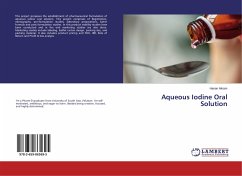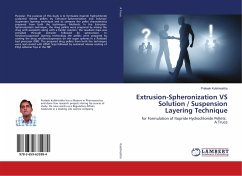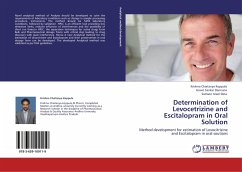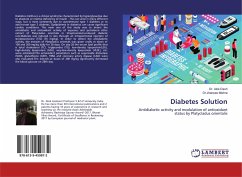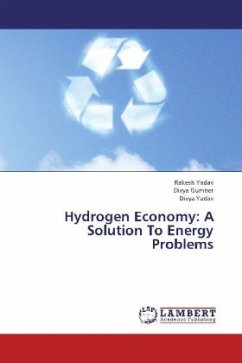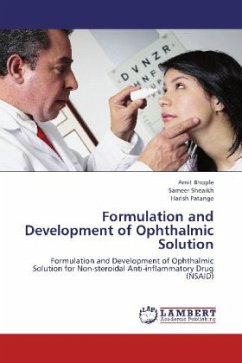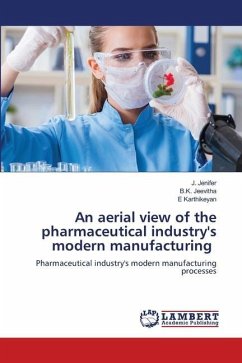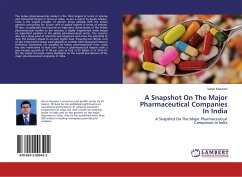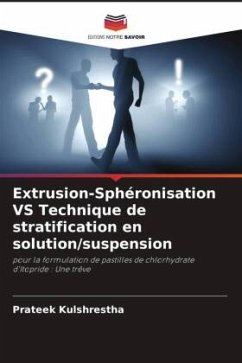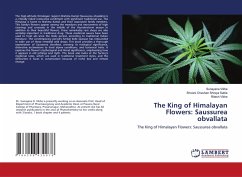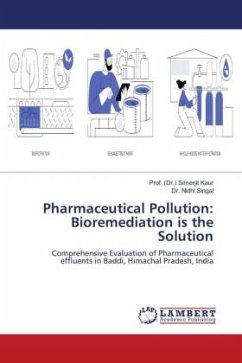
Pharmaceutical Pollution: Bioremediation is the Solution
Comprehensive Evaluation of Pharmaceutical effluents in Baddi, Himachal Pradesh, India
Versandkostenfrei!
Versandfertig in 6-10 Tagen
40,99 €
inkl. MwSt.

PAYBACK Punkte
20 °P sammeln!
Pharmacological contamination puts conventional approaches to managing water quality to the test, necessitating the development of innovative wastewater treatment technology as well as behavioural adjustments in industry and healthcare sectors. The need for governmental intervention to lower dangers to people and the environment grows along with improvements in the identification and understanding of pharmaceuticals in the environment and increased attention from the scientific community and the public media. During these studies, A well-established technology, bioremediation has been used for...
Pharmacological contamination puts conventional approaches to managing water quality to the test, necessitating the development of innovative wastewater treatment technology as well as behavioural adjustments in industry and healthcare sectors. The need for governmental intervention to lower dangers to people and the environment grows along with improvements in the identification and understanding of pharmaceuticals in the environment and increased attention from the scientific community and the public media. During these studies, A well-established technology, bioremediation has been used for as an effective method of degrading various forms of chemicals present in the effluent by using various microbial strains. Results have shown significant increase in Dissolved Oxygen & decrease in Biological Oxygen Demand & Chemical Oxygen Demand after microbial treatment of wastewater. It is true that Pharmaceutical chemicals can be difficult to biodegrade due to their complex and varied chemical structures, as well as their low quantities in the environment, even though bioremediation may be a more economical method of eliminating pharmaceutical waste.





